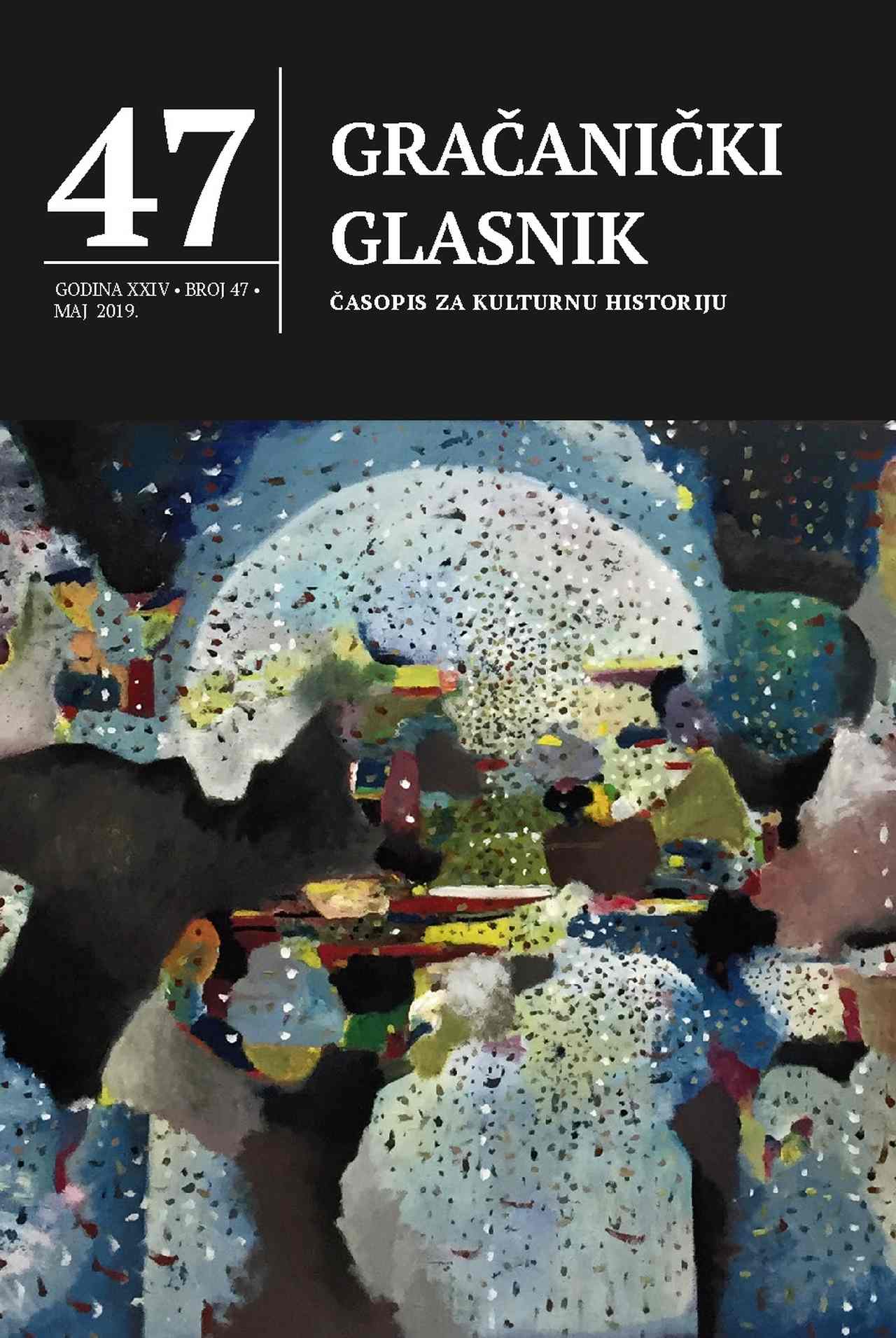Fuzûlî – pjesnik osmanske turske književnosti u recepciji Muse Ćazima Ćatića
Fuzuli–The poet of the ottoman literature in the critical essays of Musa Ćazim Ćatić
Author(s): Melinda BotalićSubject(s): Language and Literature Studies, Studies of Literature, Bosnian Literature
Published by: Izdavačka kuća »Monos« d.o.o
Keywords: Fuzûlî; poets of Ottoman period; essay; Musa Ćazim Ćatić;
Summary/Abstract: Since in Bosnia and Herzegovina, in the late 19 th and early 20 th century, translational activity from oriental languages, primarily from Turkish, is expressed, the influence of the Eastern literature on the literary works of Bosniak poets, especially the works of Safet-beg Bašagić and Musa Ćazim Ćatić, is clearly visible. Ćatić was among the first in Bosnia and Herzegovina who started dealing with literature in oriental languages. The essays of Musa Ćazim Ćatic are a reflection of his intoxication with oriental poetry, and they represent a brief overview of the events in Turkish literature in a rather wide time range, namely from the 16 th century to the period in which he lived and worked. However, due to the size of Musa’s work in this field, the focus of this study is placed on the poets about whom he wrote, and which relate to the period of classical Turkish literature. ‘’A leader of Turkish poets: Fuzuli’’ is the title of Ćatić’s poetic and critical view of a divan poet Fuzuli. Fuzuli (?-1556) was an exceptionally respected poet of the 16th century, a century ruled by Sultan Suleiman (Legislator), in which the Ottoman Empire reached a peak in every respect, even in poetry. The author’s literary critiques, represent a more objective opinion of a good connoisseur of classical, but also new Turkish literature, than a real critical attitude. In this essay, Ćatić emphasizes that the contemporaries did not appreciate Fuzuli much, but, as the author further states, he did not care about this but went ahead and paved the way for future generations of Turkish poets. So far, unfortunately, neither in Bosnian nor Turkish literary critique, a greater significance to Ćatić’s essays is given, nor has been enough writings about them although they are important from both literary and historical aspect and the very understanding of Ćatić’s poetry, especially the one that appeared in the period when the author was carried away by the East and was under the strong influence of the poets of the region.
Journal: Gračanički glasnik - Časopis za kulturnu historiju
- Issue Year: 2019
- Issue No: 47
- Page Range: 131-137
- Page Count: 8
- Language: Bosnian

